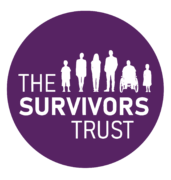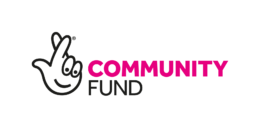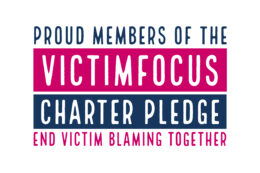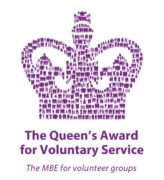The impact of sexual violence and abuse is wide ranging and there are a number of resources to support the mental wellbeing of victims and survivors recovering from abuse and trauma:
Trauma and the brain
Trauma is the response to a deeply distressing or disturbing event that overwhelms an individual’s perceived ability to cope. There are a few ways to help understand the impact of trauma and manage flashbacks.
Anxiety and panic
Anxiety is a normal physical response produced by your body when faced with severe stress, or perceived danger. There are a number of strategies to help cope with the feeling of unease, worry and fear.
Managing the impact of low mood
There are many common signs and symptoms of low mood. Here are a few ways to recognise the emotions and help to manage them.
Managing the effects of poor sleep
Sleep is essential for health but often when we have experienced trauma our sleep can become disrupted. There are some good habits to get into and advice for getting better sleep.
These areas are also covered in more detail in our pre-therapy workshops.
Other useful resources
The Survivors Trust has a dedicated website which explores specific areas associated with the effects that survivors of sexual violence and abuse can experience in the aftermath of sexual trauma. It provides resources for anyone who wants to learn more about the impact of sexual violence, and for survivors to use as a self-help toolkit as part of their recovery journey.
A guide for survivors of abuse written by survivors. Chayn is an open source project which provides freely available resources from survivors and experts around the world.
My little book of coping mechanisms is full of tools and techniques to help survivors of sexual and domestic violence take the everyday steps to heal from their experiences.
The Good Friend Guide provides advice on supporting a friend or family member experiencing abuse.
Childline’s Coping Kit has a number of online activities for young people struggling to cope or feeling overwhelmed.









